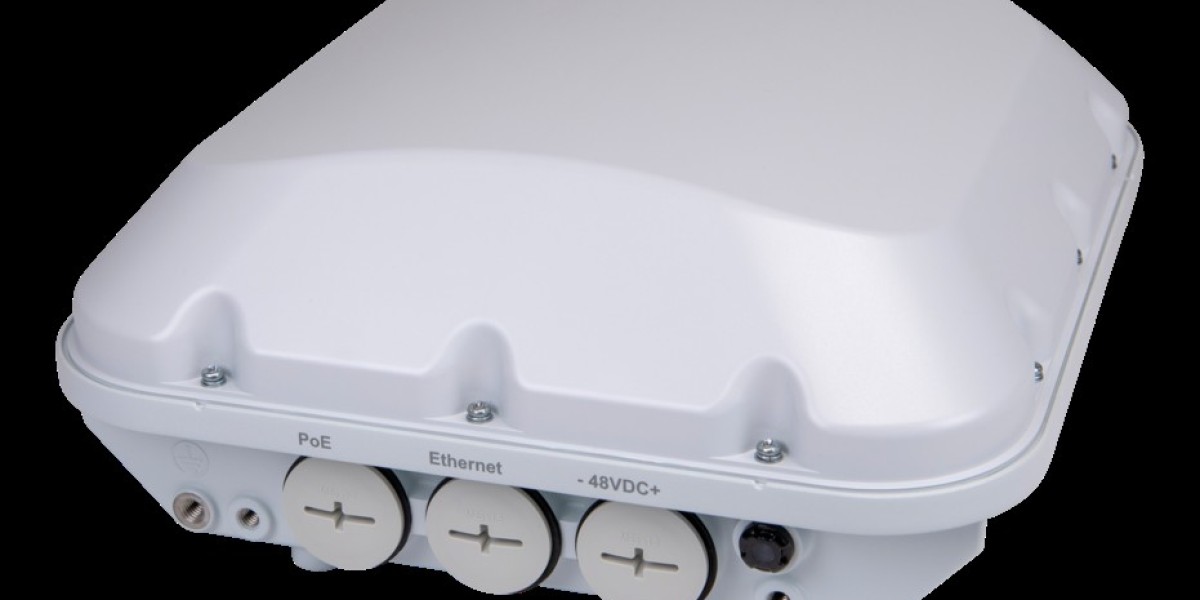A reliable and efficient hot water system is essential for modern living, providing comfort and convenience in everyday tasks like bathing, cooking, and cleaning. With various options available, selecting the right hot water system for your home can be challenging.
This guide will help you navigate the key factors to consider, ensuring you choose the perfect system tailored to your needs.
Understand Your Hot Water Needs
The first step is to evaluate your household’s hot water consumption. Consider:
Household Size: Larger families typically require systems with higher capacity.
Usage Patterns: If multiple people use hot water simultaneously, opt for a system that can handle peak demand.
Appliances: Count dishwashers, washing machines, and other appliances that consume hot water.
Explore Different Types of Hot Water Systems
Hot water systems come in various types, each with its own advantages and limitations:
Electric Hot Water Systems
Pros: Affordable to install, suitable for smaller homes.
Cons: Higher running costs due to electricity usage.
Gas Hot Water Systems
Pros: Faster heating, cost-effective in areas with natural gas availability.
Cons: Requires connection to a gas supply; may have higher upfront costs.
Solar Hot Water Systems
Pros: Environmentally friendly, lower long-term costs.
Cons: High initial investment; performance depends on sunlight availability.
Heat Pump Systems
Pros: Energy-efficient, suitable for most climates.
Cons: Higher upfront costs; requires adequate space for installation.
Consider Energy Efficiency
Energy efficiency not only reduces your environmental footprint but also lowers utility bills. Look for systems with high energy ratings or those certified by relevant energy-saving programs. Solar and heat pump systems typically offer the best efficiency.
Account for Installation and Space Requirements
Some systems, like storage tanks, require significant space, while others, such as tankless systems, are more compact. Assess the available space in your home to determine the best fit.
Evaluate Long-Term Costs
Beyond the purchase price, factor in operational and maintenance costs. Energy-efficient systems may cost more upfront but save you money over time.
Choose a Reliable Brand and Installer
Select a reputable brand with good reviews and warranties. A professional installer is crucial to ensure the system operates safely and efficiently.
Check for Government Incentives
In many regions, government programs offer rebates or incentives for installing energy-efficient systems, particularly solar hot water systems. Research available options to reduce your upfront costs.
Final Thoughts
Choosing the perfect hot water system for your home involves balancing your household’s needs, budget, and environmental considerations. By understanding the options and evaluating the key factors outlined above, you can make an informed decision that provides reliable hot water for years to come.


